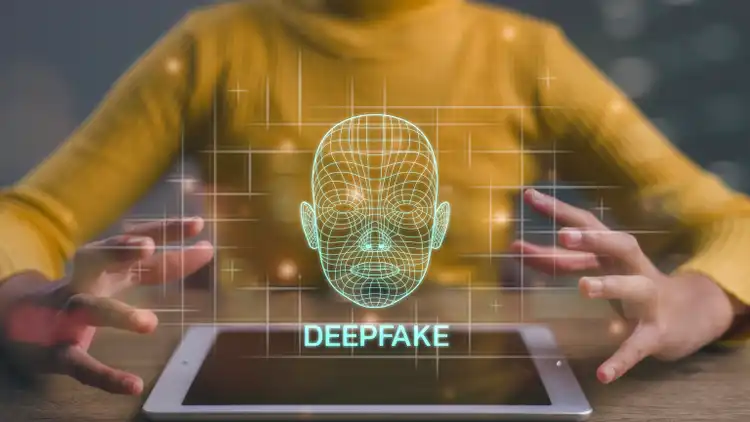Three US Senators, Marsha Blackburn, Maria Cantwell, and Martin Heinrich, have introduced the COPIED Act, aimed at regulating AI-generated content and deepfakes to protect the intellectual property of artists, songwriters, and journalists.
This bipartisan effort seeks to establish transparency standards through the National Institutes of Standards and Technology (NIST), focusing on content provenance, watermarking, and detection of synthetic content. The bill also aims to prevent the unauthorized use of creative and journalistic works to train AI models or create new AI-generated content.
Under the COPIED Act, the Federal Trade Commission and state attorneys general would enforce these guidelines, empowering individuals to take legal action against entities using their content without consent or proper compensation.

Additionally, the legislation extends prohibitions against tampering with or removing content provenance information by internet platforms, search engines, and social media companies. This comprehensive approach intends to safeguard against the misuse and misattribution of digital content in an increasingly AI-driven landscape.
Support for the COPIED Act spans various content and journalism advocacy groups, including SAG-AFTRA, the Recording Industry Association of America, and the National Association of Broadcasters. These organizations see the bill as pivotal in addressing the ethical and legal implications of AI-generated content and deepfakes, ensuring that creators are fairly recognized and compensated for their work.
In the broader legislative context, the COPIED Act joins other proposed measures like Rep. Adam Schiff’s Generative AI Copyright Disclosure Act, highlighting a growing congressional effort to establish frameworks that govern the use of AI in creative industries.
While Schiff’s bill focuses on transparency in AI datasets, the COPIED Act’s emphasis on content integrity and enforcement mechanisms underscores ongoing efforts to regulate and mitigate the impact of AI on intellectual property rights.
The introduction of the COPIED Act represents a significant step towards shaping policy that balances innovation in AI technology with the protection of artistic and journalistic integrity in the digital age.


